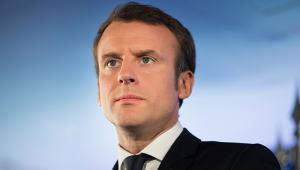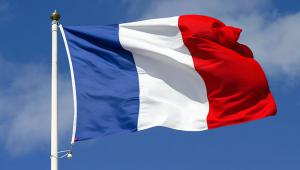The measures follow a €10bn a government bonus scheme for the low-paid last December, announced just after the street protests began.
They include a cut in income tax worth £4.3bn, to be paid for by spending cuts and closing company tax loopholes, the reintroduction of inflation-linking for pensions worth less than €2,000 a month and the extension of proportional representation in elections and easier triggering of referenda.
He has also promised a review of an earlier unpopular decision to cut France’s ‘fortune solidarity tax’ on the highest earners and to make reforms to highly unpopular Paris-based Ecole Nationale d'Administration.
Established in 1945, by president DeGaulle, the elite school has been a training ground for future French presidents, including François Hollande and Jacques Chirac.
Macron has acknowledged a “lack of trust” in the establishment from the yellow vest protestors and said that they have “fair” demands. He has said that he should have been more human and less arrogant and recognised that there were legitimate concerns regarding climate change and immigration.
Counter-balancing tax cuts and more generous pensions, he has suggested in recent speeches that the French must “work harder” and threatened to remove one of the country’s 11 official public holidays.
Macron was elected in 2017, as France’s youngest president, not representing a traditional party but at the head of a new political movement called ‘En Marche’. One of his earliest pledges was to fight "the forces of division that undermine France".
At least four people have died and hundreds have been arrested in the yellow vest protests, which originally began in reaction to increases in fuel taxes, which were later frozen. Macron faces another presidential election in 2022.
The announcement was to have taken place on 15 April but was postponed by the Notre Dame fire.












